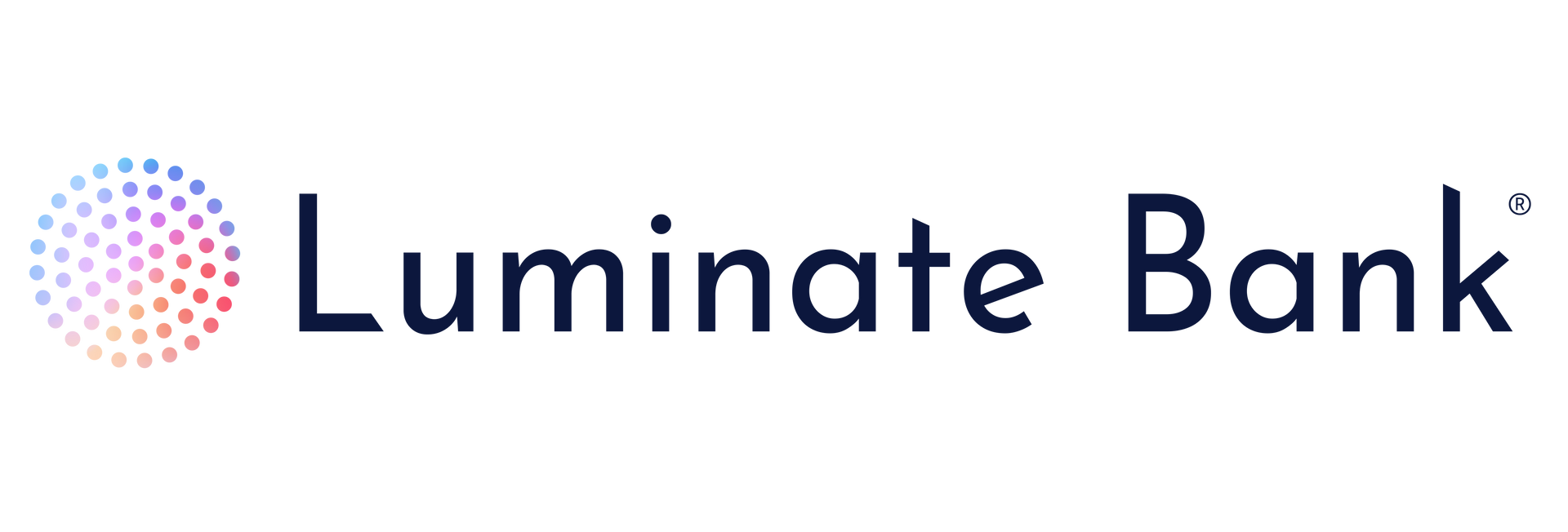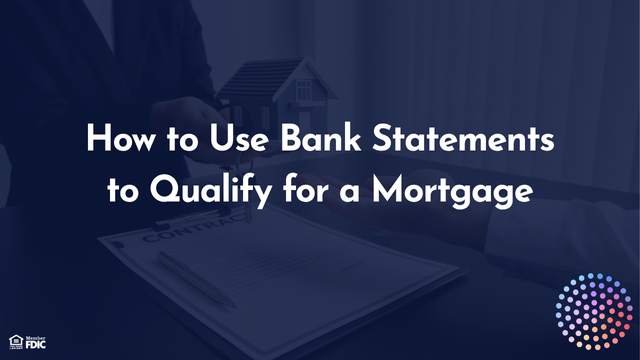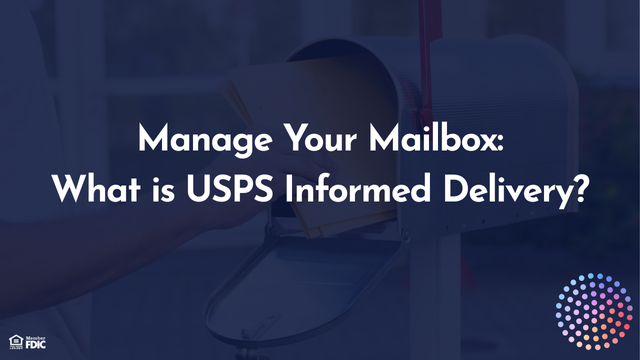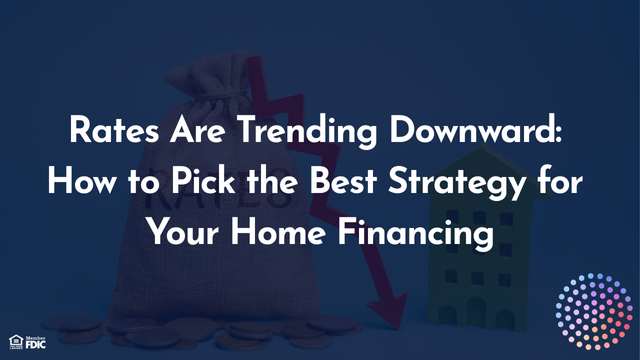Mortgage Options for Retirees Without W2 Income
October 17, 2025
mortgage options for retirees without w2 income

Baby boomers account for 53% of home sellers and 42% of homebuyers, making them the most active generation on both sides of today’s housing market, according to 2025 data from the National Association of Realtors.
While some older Americans may be retired or living on fixed incomes, their homeownership goals remain strong. However, these financial circumstances can sometimes result in higher debt-to-income (DTI) ratios compared to borrowers who are still working.
How Lenders Evaluate Older Borrowers
When an older borrower applies for a mortgage or any type of home financing, lenders use the same key factors they do for all applicants : credit history, credit score, income, DTI ratio, and available assets.
For income verification, lenders may consider a range of sources, including:
- Employment wages
- Social Security benefits
- Pension or retirement distributions
- Part-time or freelance income
- Investment returns and dividends
- Alimony or child support payments
- Unemployment benefits
- Disability payments
The goal is to get a full picture of your financial stability, even if your income comes from nontraditional or multiple sources.
Reverse Mortgages
A reverse mortgage can be a practical option for homeowners who are 62 or older and want to access their home equity without selling. With this loan, the lender makes monthly payments to you based on your home’s value.
To qualify, you must:
- Be at least 62 years old
- Own your home outright or have significant equity
- Live in the home as your primary residence
Borrowers remain responsible for property taxes, homeowners insurance, and maintenance costs. The loan must be repaid—or the home surrendered to the lender—when the borrower moves out or passes away.
Bank Statement Loans:
A bank statement loan allows you to qualify for a mortgage using your bank statements rather than traditional income documentation like W-2s or tax returns.
This can be especially helpful for retirees, business owners, or self-employed borrowers whose taxable income doesn’t reflect their true financial picture. Lenders review 12 to 24 months of bank statements to determine your qualifying income.
Asset-Based Loans
With an asset-based loan (also known as an asset-depletion loan), lenders consider your total assets, such as savings, retirement accounts, or investment portfolios, rather than your regular income.
This approach works well for borrowers who have significant assets but limited monthly income. Lenders calculate a qualifying income based on the potential monthly drawdown from those assets over a set period.
No-Document Mortgages
A no-document mortgage (or “no-doc loan”) is a less common financing option that doesn’t require standard income verification. Instead, approval is based on other factors like credit history, assets, and down payment size.
While these loans can be helpful for borrowers with irregular or unconventional income, they may come with higher interest rates or stricter qualification criteria.
Closing Thoughts
Whether you’re retired, self-employed, or managing a mix of income sources, there are several mortgage options designed to fit your financial situation. Understanding how lenders evaluate income and what loan types may work for you can make the process smoother and help you make confident decisions about your next move.
If you’re considering buying, refinancing, or exploring home equity solutions, our team is here to help you review your options and find a plan that works for your goals. Contact us today to schedule a consultation and get personalized guidance for your next step in homeownership.













